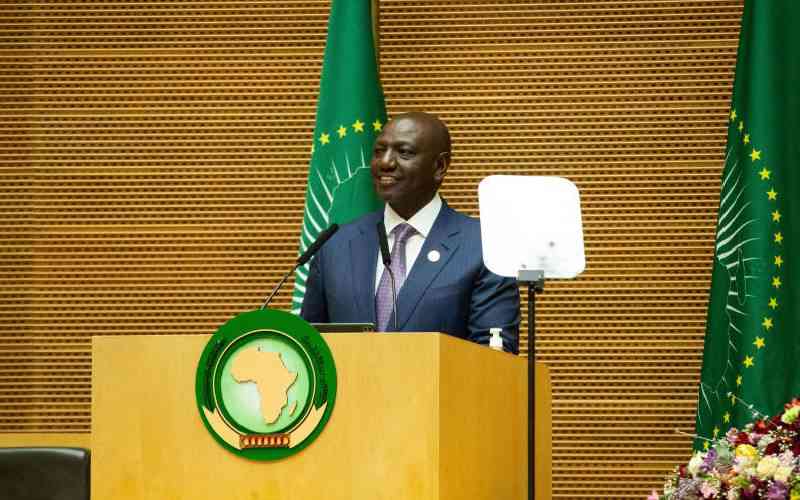×
The Standard e-Paper
Stay Informed, Even Offline

The African Union (AU) is helping Kenya and two other countries develop and enhance national masterplans and regulatory frameworks to protect coasts, rivers, and lakes.
The AU's Interafrican Bureau for Animal Resources (AU-IBAR) yesterday told The Saturday Standard that the frameworks will ensure sustainable marine tourism and mining activities.